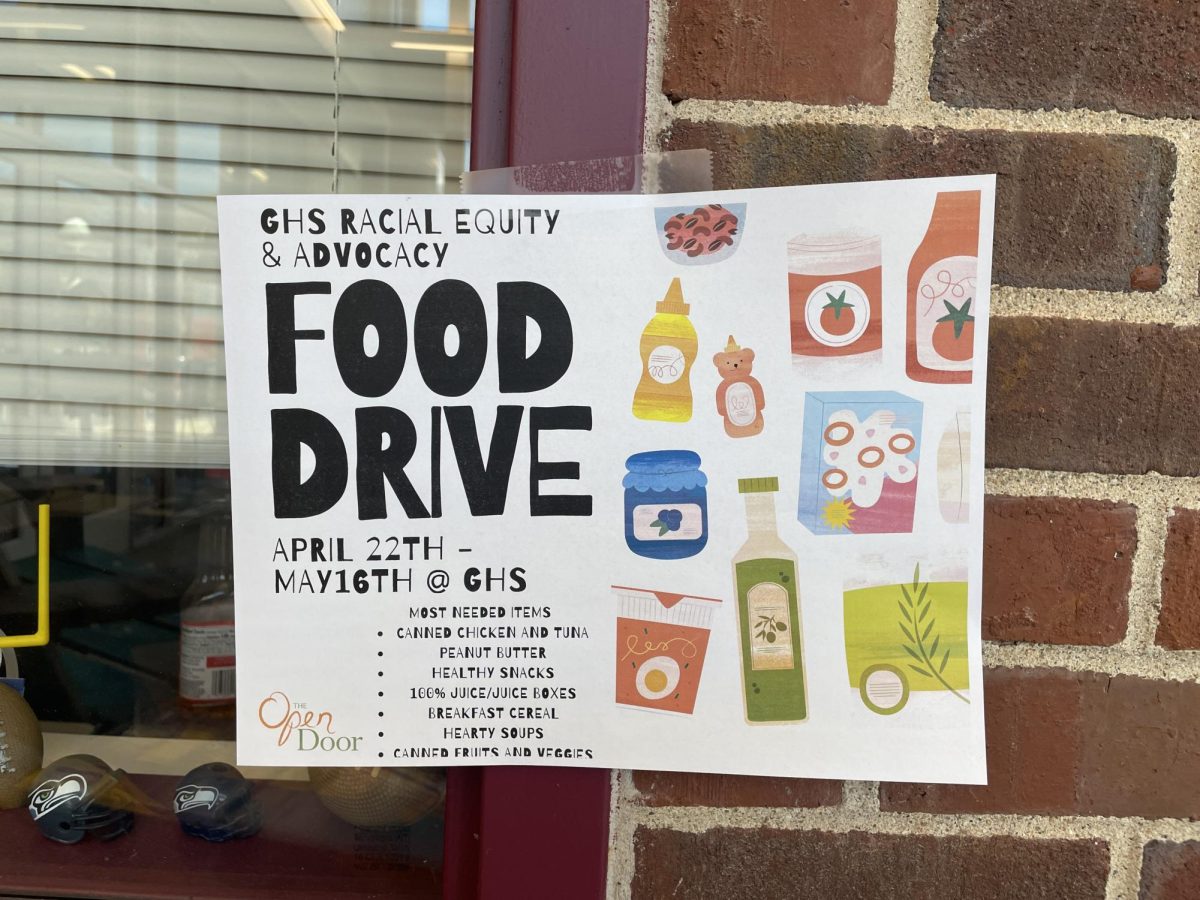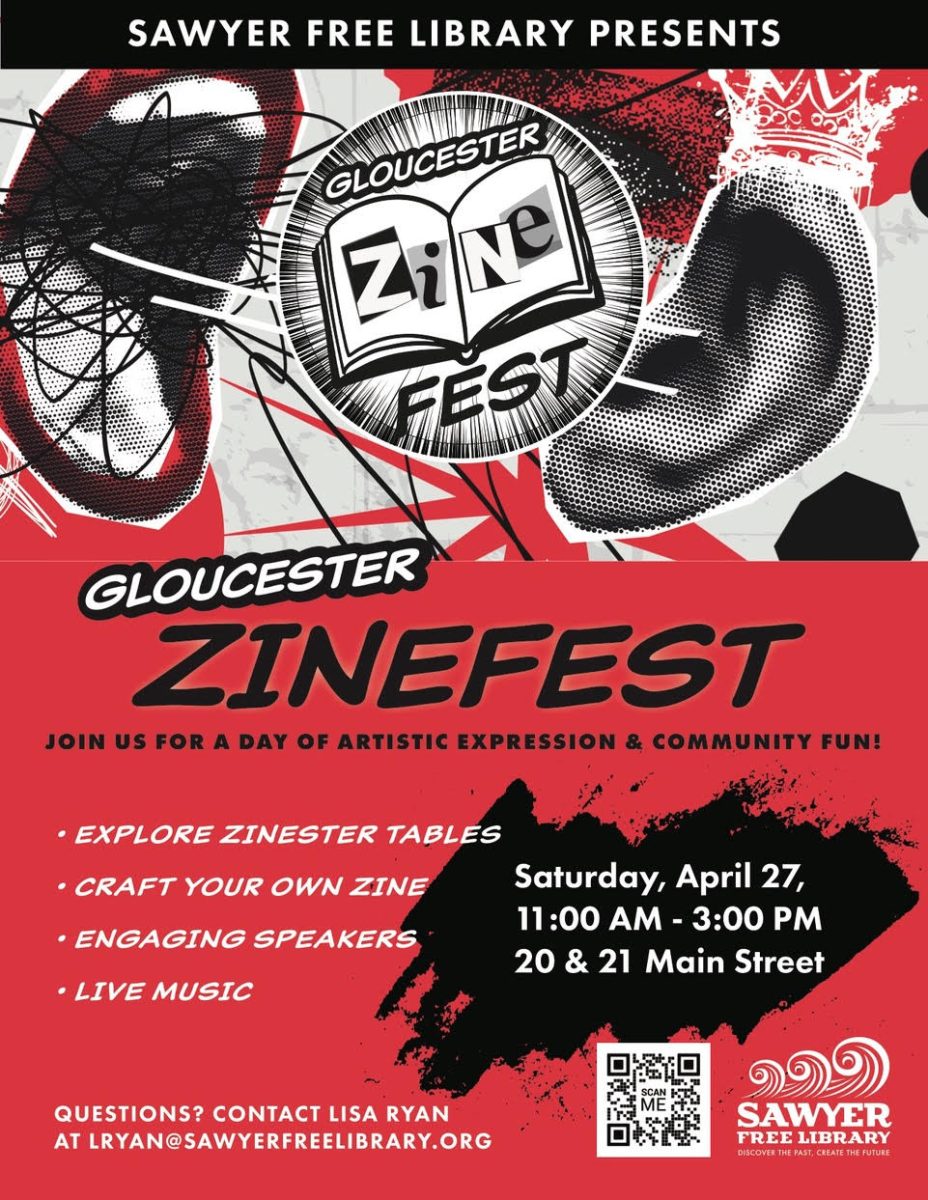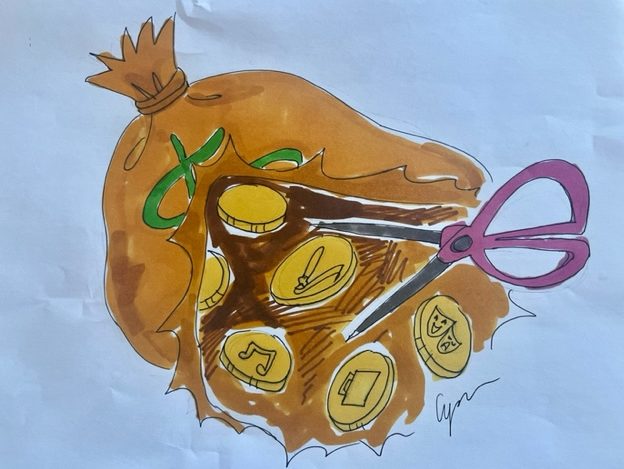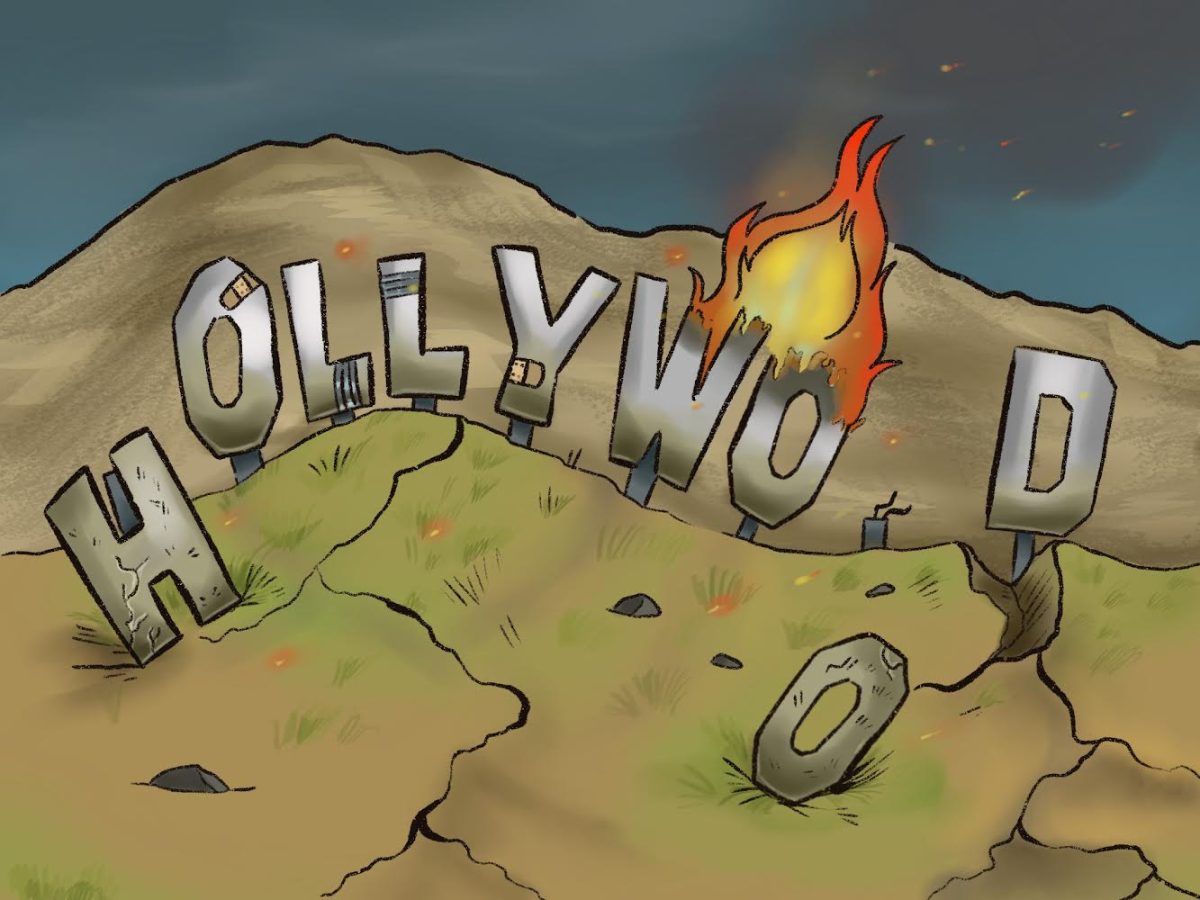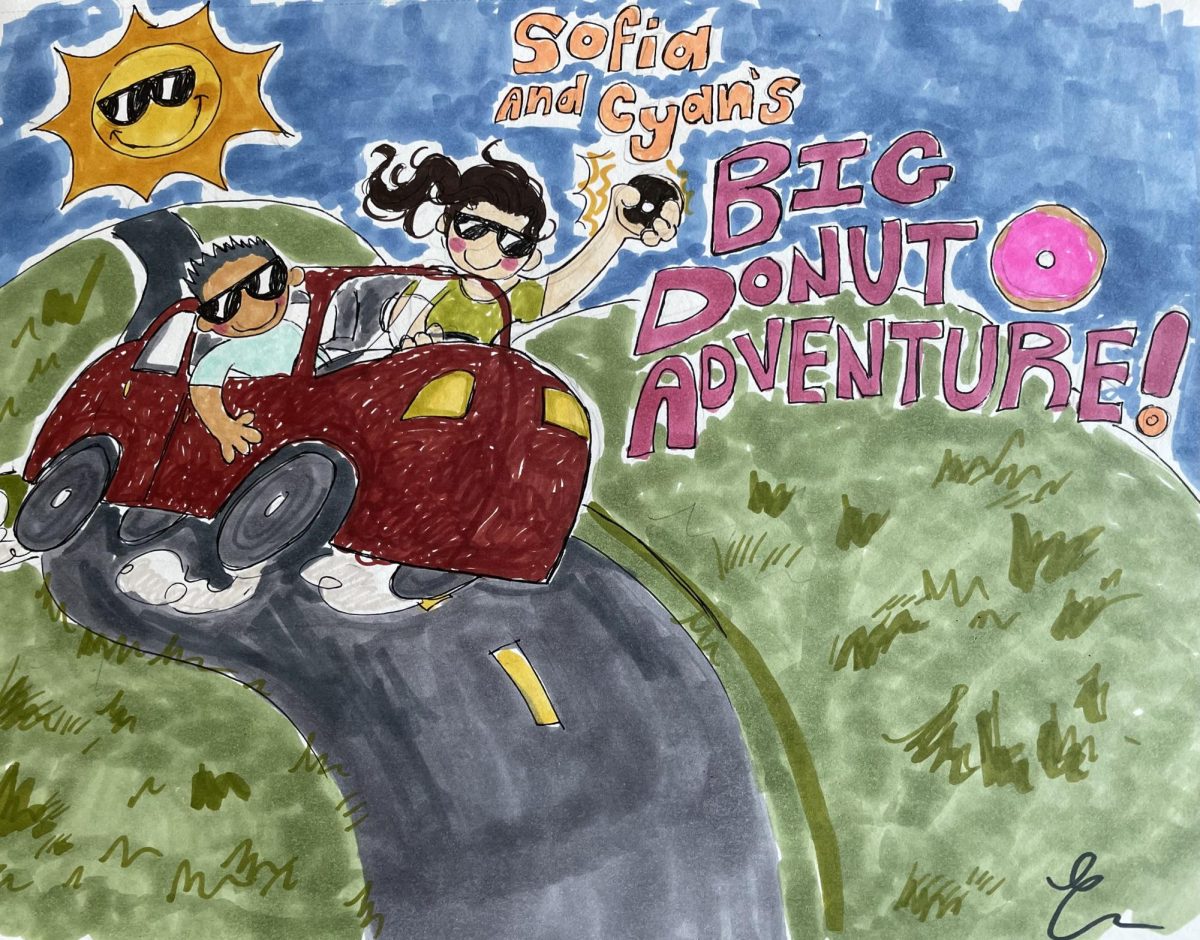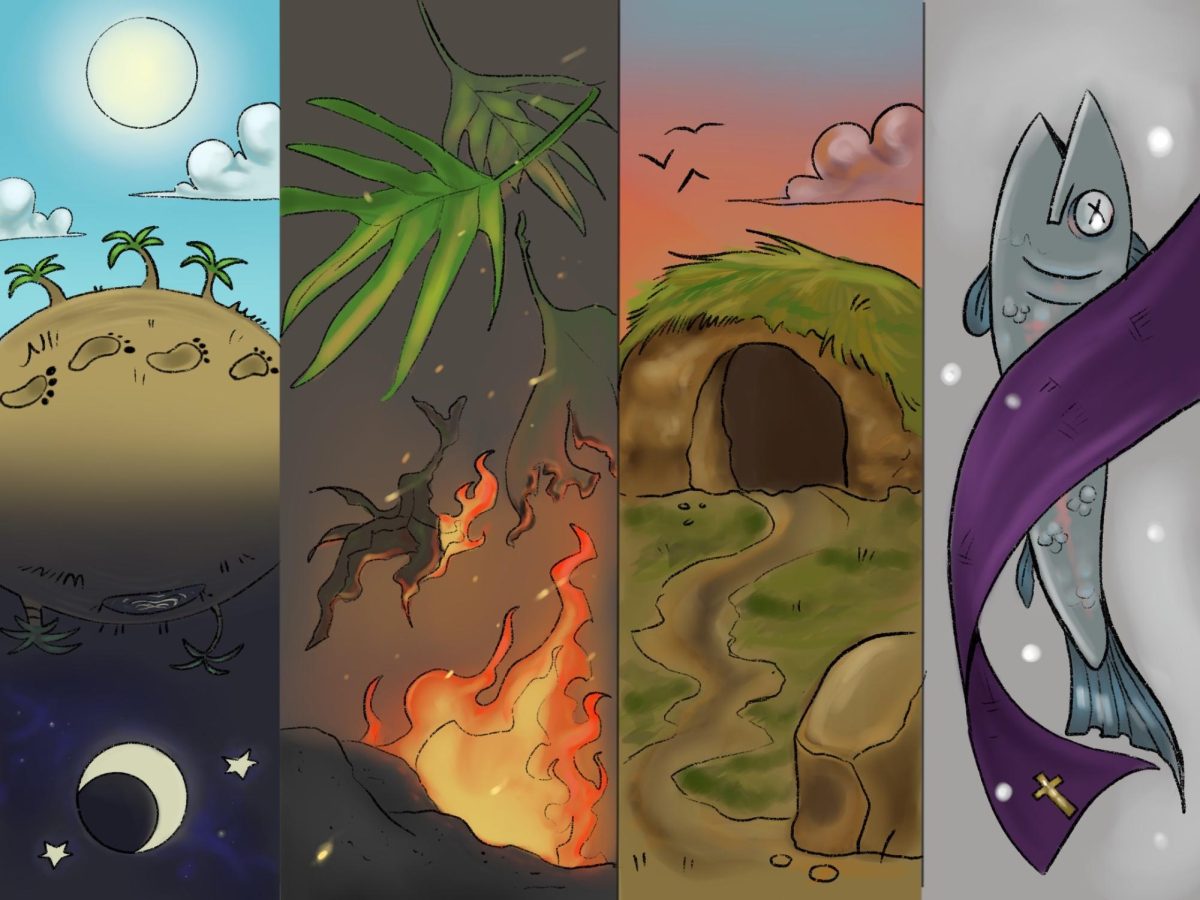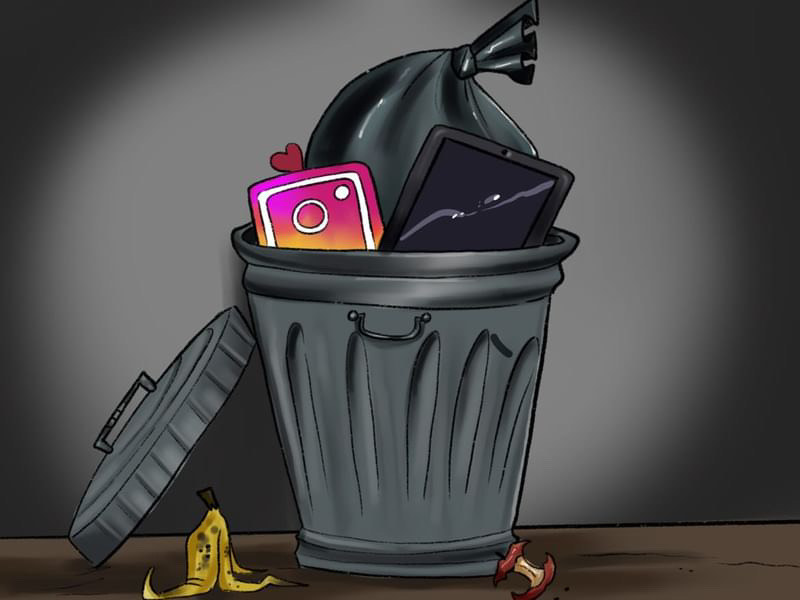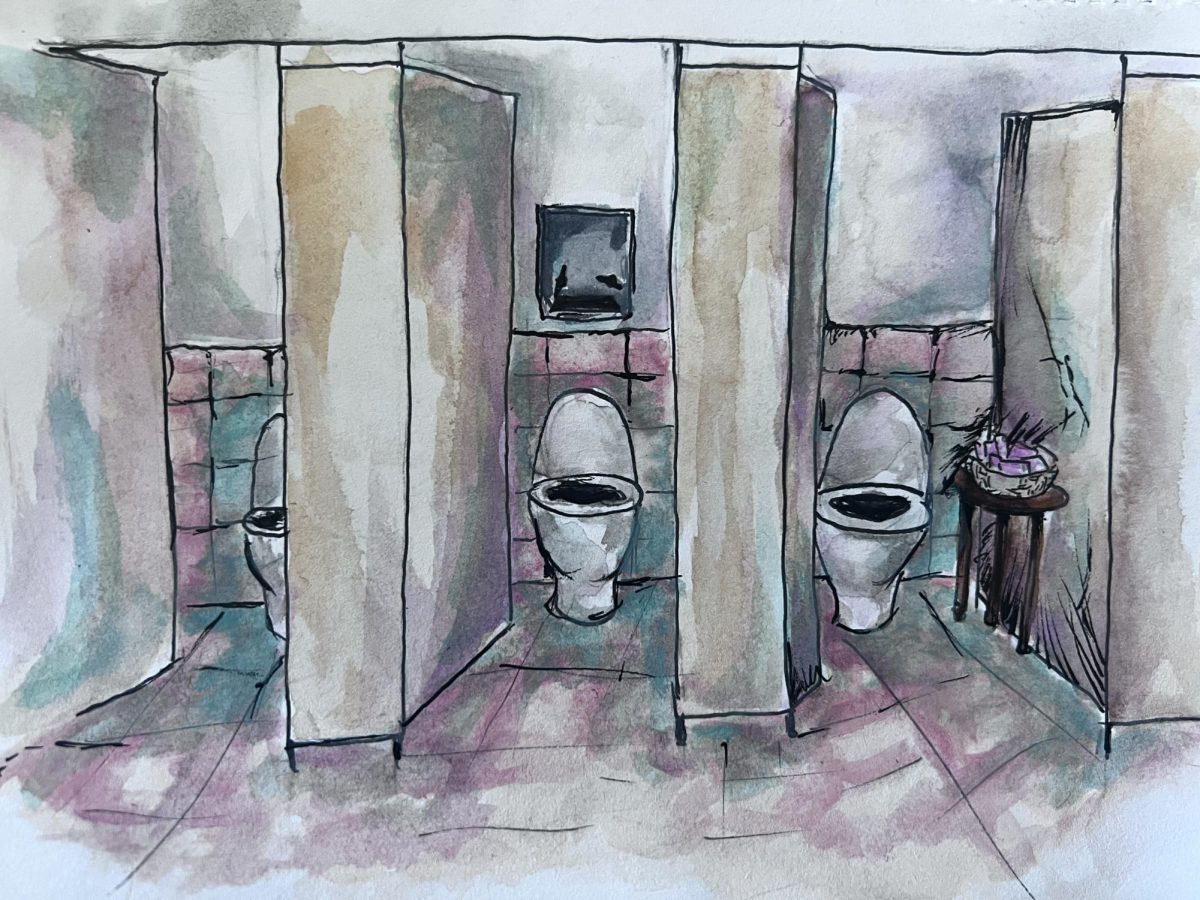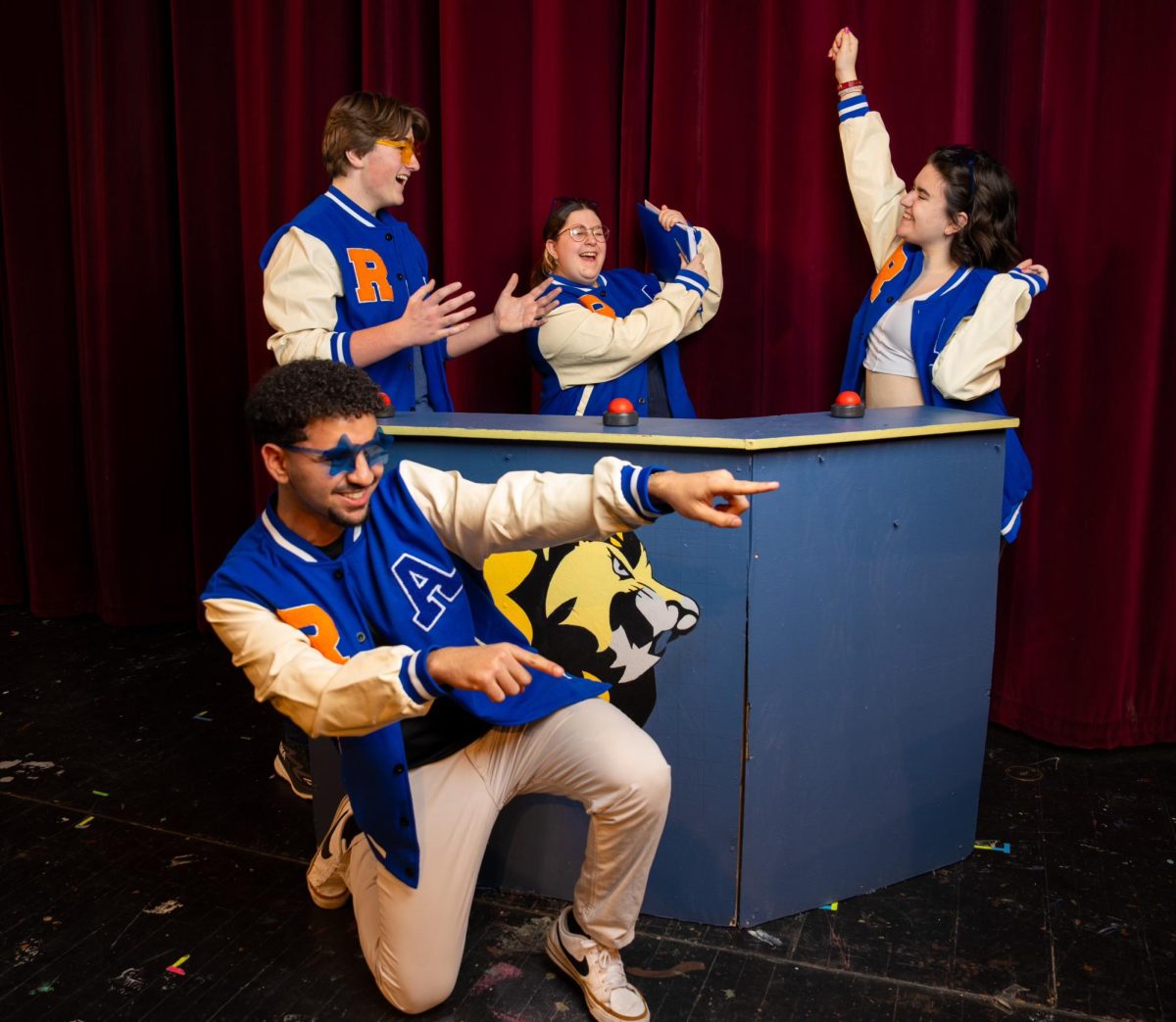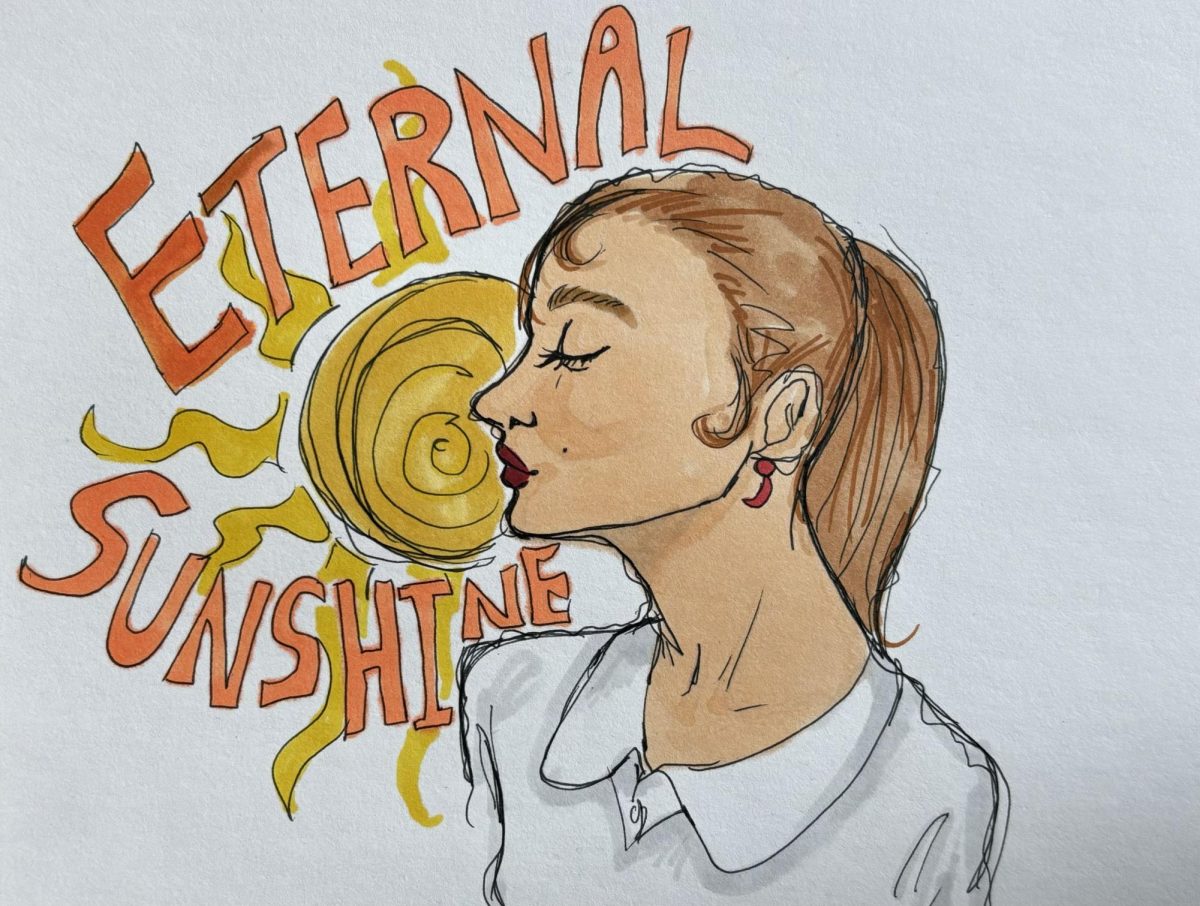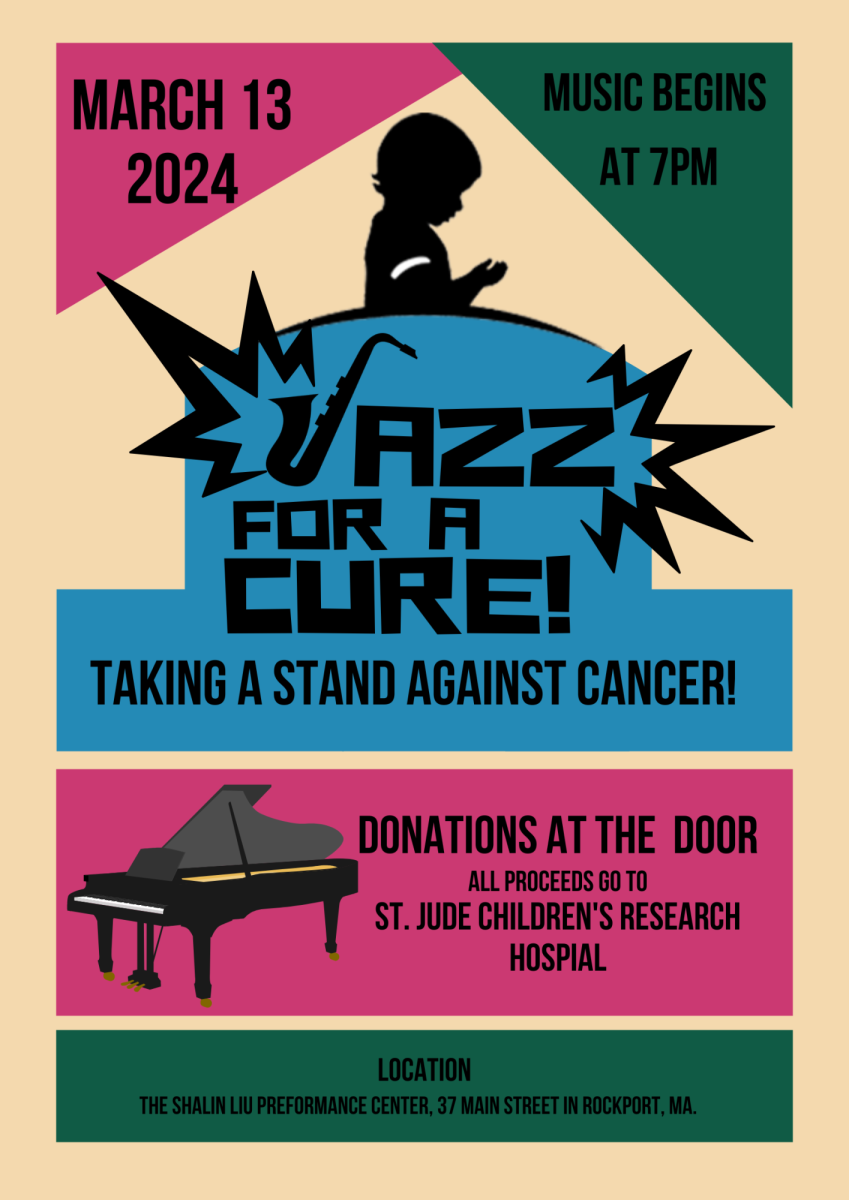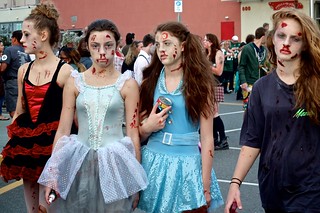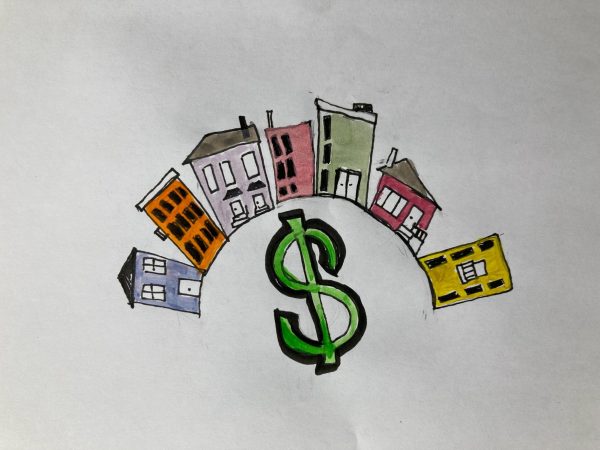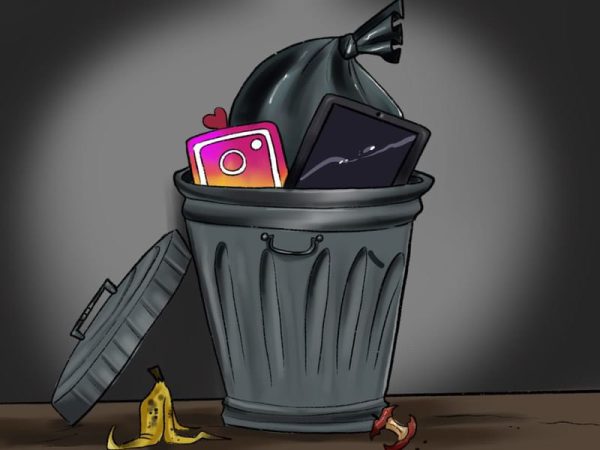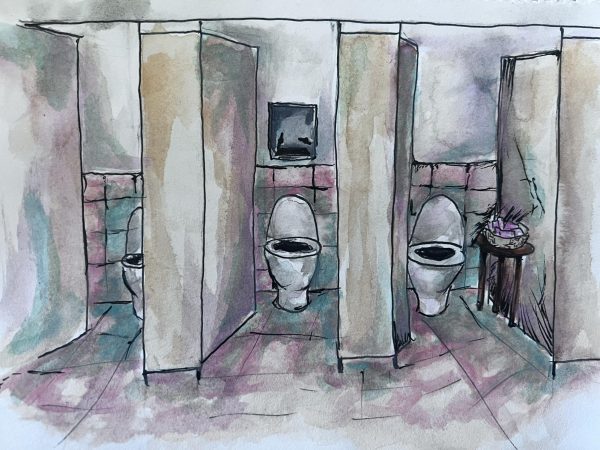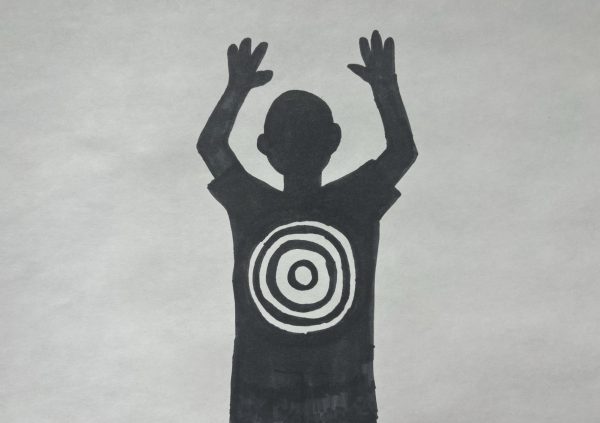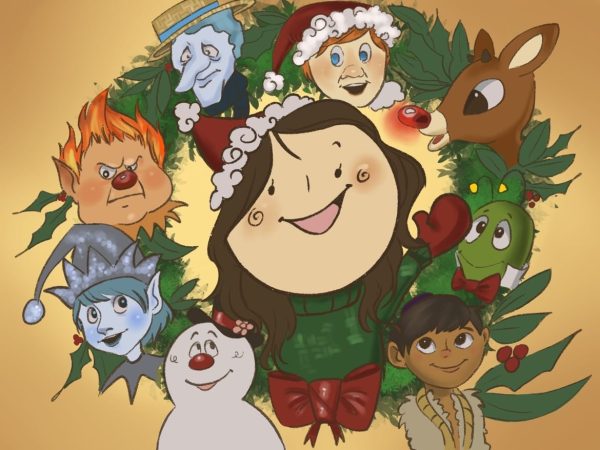Should teens be allowed to trick or treat?
October 31, 2019
Most people who have made it to high school are faced with a similar dilemma each fall: am I too old to trick-or-treat?
Realistically, this realization may hit as early as middle school, as one finds that with lanky legs and arms blooming, they are being regarded less and less as a child. This realization can be a dismal and confusing one, so this article will clarify the issue for both the teenagers (hoping to receive candy) and adults (who remain unsure if they should provide candy).
From the perspective of a teenager, in those awkward years between being young enough to be comfortable with trick-or-treating and being old enough to drink, there is a vacant slump which cannot seem to be reasonably filled. There, realistically, are three options:
Option one: Stay Home. No one really enjoys staying home on a holiday. As indifferent as one might act, at times it can feel a bit lonesome to be unable to participate in the activities of other age groups. Of course, if you’re left with the duty of passing out candy, maybe you’ll be lucky enough to snag a few pieces to snack on later in your room. And hey, at least you saved money on buying a costume, I guess?
Option two: Party/Hang Out. Who doesn’t enjoy a night of watching spooky movies with friends? Of course, this innocent enough option also comes with some setbacks. For teens, the rate of binge drinking around Halloween is such that even medical literature refers to the occasion as a “well-known drinking day,” comparable to similar behavior exhibited on New Year’s Eve and football game days. Many such gatherings and get togethers will prompt the usage of illegal substances, such as alcohol or marijuana. Even for those who don’t partake in these activities, being out late with friends increases the chances of car-related deaths, due to other drinkers and low visibility.
Option three: Go Trick-or-Treating. The main issue with teenagers going trick-or-treating is the scrutinization they may be faced with from adults and peers. Oftentimes, it can seem intimidating to attempt trick-or-treating knowing that you might be turned away. However, despite this, large groups of teenagers out on the town are likely the safest. Large groups are proven to be safer from driving accidents, and teens in public are less likely to be under the influence.
In theory, promoting or normalizing trick-or-treating among teens would guide them towards safety while also allowing them to enjoy the holiday. Though all of the above options are fine choices as long as they are done safely, adults have the power to aid in the safety of teenagers by making trick-or-treating welcome to all.
For those who don’t believe that teenagers are actually excluded from Halloween festivities (i.e. “I know that I would hand out candy to a teen”), take a look at the towns across America that are making trick-or-treating illegal for teens.
For example, in Chesapeake, Virginia, trick-or-treaters over the age of 12 could face a misdemeanor charge, up to six months in jail, and $25 to $100 fines. Many towns have been employing similar laws, and in a national survey, 66% of adults believe there should be a cut-off age for trick-or-treaters.
An argument in favor of these laws say that they will help keep teen vandals off the streets and reduce the number of Halloween pranks–but wouldn’t it be just the opposite? Without safe, fun activities to turn to on Halloween, surely teens will be more likely led to darker alternatives.
This ideology also doesn’t take into account variables such as children/teens with disabilities, a teenager who might be spending their first year in America who hopes to indulge in the culture, or even older siblings, forced to take their siblings trick-or-treating with no payment other than the prospect of sweets.
Realistically, what harm does it do to give out a piece single of candy? Next time you’re questioning whether or not to turn away a teen, take a minute to consider where else they could be that night (alone, drinking, smoking, or dead), and ask yourself if their safety and fun is worth less than a single sweet.

